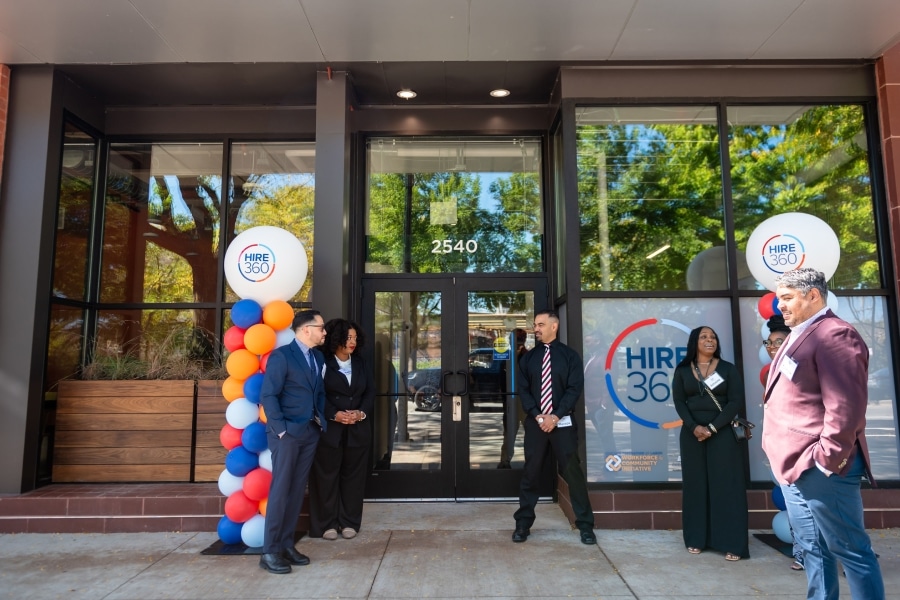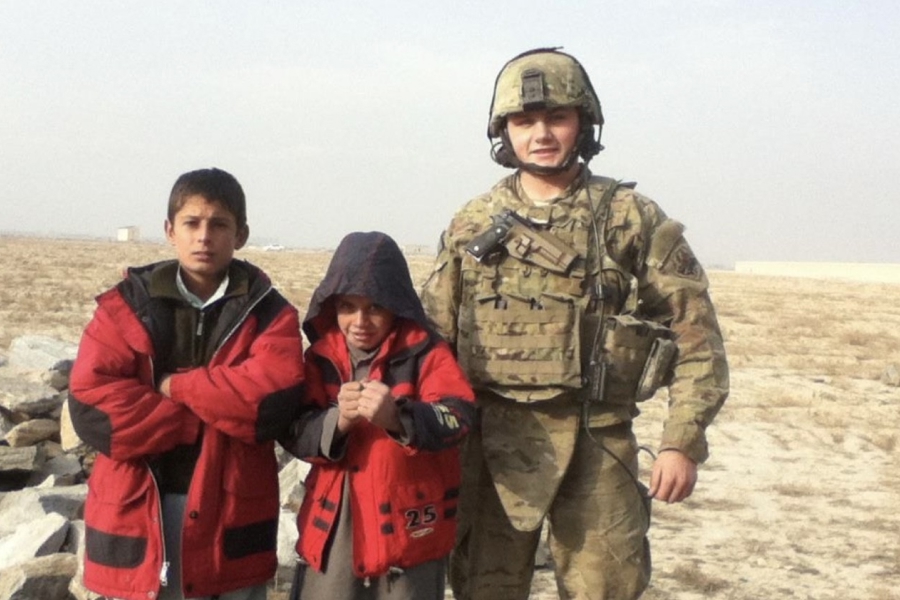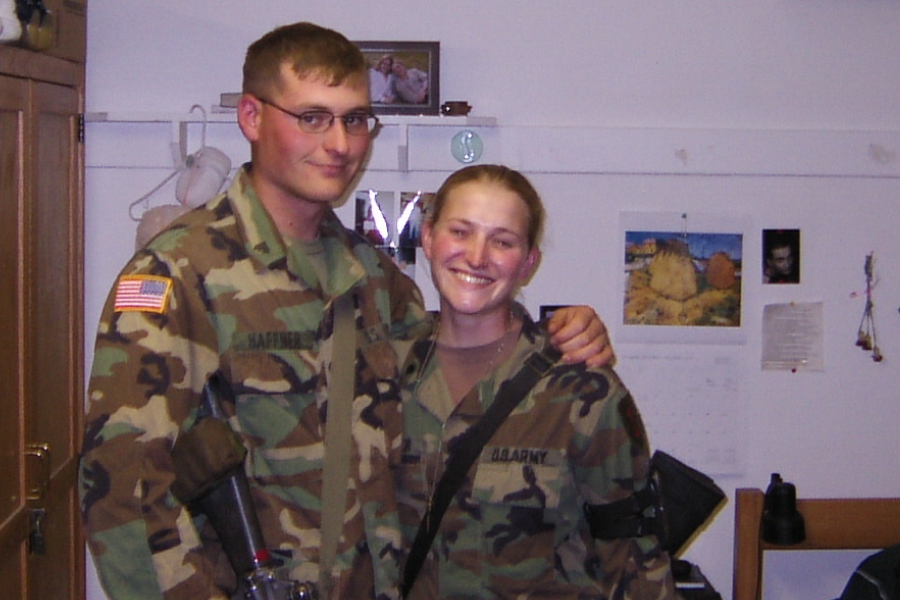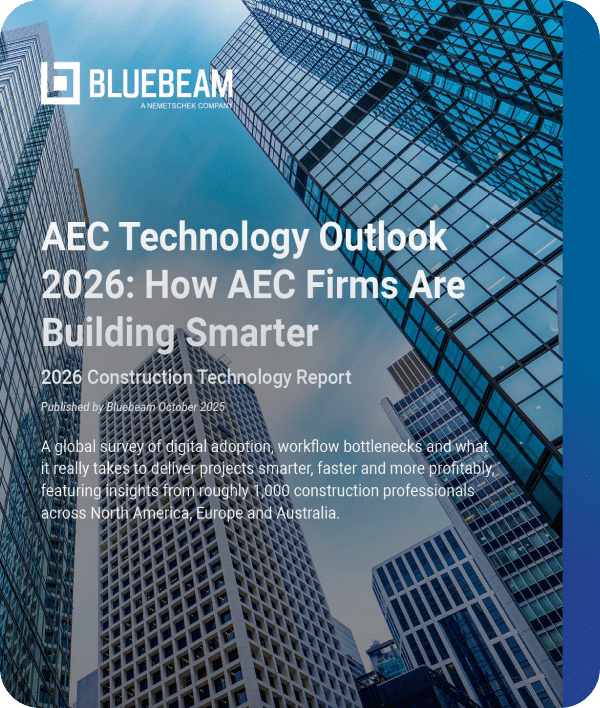Illustration by Danielle Leedie Gray
Since 1993, Reconciliation has been a national conversation across Australia after its original conception as a Week of Prayer for Reconciliation.
Three decades later, the 2023 Reconciliation Week theme – Be a Voice for Generations – reiterates that Reconciliation is a continuum, not simply confined to a week of annual activities.
Beyond National Reconciliation Week, individuals, families, communities and businesses are each challenged to demonstrate commitment to longer term actions to build reconciliation that results in an “equitable and reconciled Australia.”
In response, across Australia, Reconciliation Action Plans are emerging a core to the planning of businesses – identifying and building real actions that connect and value the contributions of First Nations people to industry and economies.
Since 2006, Reconciliation Action Plans (RAPs) in action have identified and delivered ways to build benefits for Aboriginal and Torres Strait Islander peoples, increasing economic equity and supporting First Nations self-determination.
Based around the core pillars of relationships, respect and opportunities, there are four types of RAPs: Reflect, Innovate, Stretch and Elevate – with each type of RAP designed to suit an organisation at different stages of their reconciliation journey.
For businesses seeking to begin their Reconciliation journey, the Reflect RAP sets out steps to prepare your organisation for reconciliation initiatives in future RAPs.
Committing to a Reflect RAP means scoping and developing relationships with Aboriginal and Torres Strait Islander stakeholders, deciding on your vision for reconciliation and exploring your sphere of influence.
The Construction Industry’s role in Reconciliation
As one of Australia’s largest employers of Aboriginal and Torres Strait Islander people, the construction sector also works for and alongside Indigenous-owned businesses and delivers to First Nations communities.
This means that the sector plays a critical role in recognising the value of Reconciliation and in undertaking work to progress the goals that Reconciliation seeks to achieve – an equitable and reconciled Australia.
Mindaroo Foundation’s Generation One Director Shelley Cable confirmed that, although First Nations Australians have one of the longest histories of economic participation in the world they are also “disproportionately locked out of today’s economic opportunities and workforces”.
“For years, significant effort has been directed towards closing the Indigenous employment gap, yet it remains stubbornly persistent,” Ms Cable revealed in the inaugural Australian Indigenous Employment Index.
“In fact, it’s barely closing at all; over the decade 2008-2018, the gap is estimated to have closed only one per cent. This is not a reflection of the potential of Indigenous Australians, or our capability to contribute to today’s workforces.”
The 2022 report found that, across all industries, Indigenous employment was a reported average 2.2 per cent of a total workforce, with 0.7 per cent of First Nations people reaching leadership positions. However, the construction industry is a leading force in building generational change towards equity and opportunity for its Aboriginal and Torres Strait Islander workforce.
Reconciliation in action
The Downer Group – an ASX-listed company that designs, builds and sustains assets, infrastructure and facilities and employs more than 30,000 people across Australia and New Zealand – confirms that a focus on Reconciliation has strengthened its business, culture and relationships.
In September 2016, Downer launched its inaugural Reconciliation Action Plan (RAP), then launched its Innovate RAP in May 2019.
During this time Downer delivered a range of procurement initiatives and strategies, resulting in doubling its procurement spend with Aboriginal and Torres Strait Islander businesses within two years.
After actioning commitments throughout its first Innovate RAP, in 2022 Downer expanded its commitment to also include its Spotless business – bringing greater impact to the organisation and the communities it delivers to.
The Downer Group’s approach to Reconciliation
The Downer Group 2022 – 2024 RAP has divided its focus across three key streams – relationships, respect and opportunities.
Under each of these streams are a range of actions and underpinning supporting activities, all designed to build connections with, respect towards and opportunities for First Nations communities and people.
Downer Group Indigenous Support and Growth Manager Suzanne Grech – who is spearheading the delivery Downer’s RAP – says the RAP is built to continue its success as the focus areas and actions are integrated into the broader values, aspirations and goals of the business.
“Our business is based on relationships, and we create success through having strong connections – and that includes valuing, including and learning from our First Nations communities,” Suzanne said.
“And …. because we operate from that model of relationships being at the core, we are aligning our deliverables with our partners and our clients. Because we all have the same vision and aspirations, we are able to achieve those deliverables simultaneously.
“Through the way we approach our work, we attract partners and clients who see us as moving forward in this space in a more meaningful manner not in transactional way.”
At the heart of the program is opportunity – for Indigenous owned businesses, employees and communities.
Supporting Indigenous-owned businesses
Recognising the role that procurement plays in supporting other businesses to grow and encourage economic and social development, Downer has developed a supported pre-qualification process for inclusion of Aboriginal and Torres Strait Islander businesses in its supply chain.
As a result, the organisation has tripled their spend with Aboriginal and Torres Strait Islander suppliers between 2018-2021 – from $17 million to $53 million.
Development of commercial partnerships with Aboriginal and Torres Strait Islander businesses has delivered benefits for both Downer and the organisations it works with.
In a Far North Queensland Joint Venture arrangement, more than $30 million worth of major road and associated civil infrastructure has been delivered to improve the accessibility, safety and reliability of transport infrastructure for the local communities of Cape York, which then also provides benefits to local Aboriginal and Torres Strait Islander employment, training and economic development outcomes.
Community
Downer is committed to preserving the cultural heritage – including historic buildings and sites, spirit and ingenuity, and unique living landscapes.
Through its Eyre Peninsula Link project in South Australia, the business partnered with 36 Barngarla people – the Traditional Owners of the land on which the project is based – to complete thorough cultural heritage monitoring of the worksite every day. Before any ground disturbance is done onsite, it was first inspected by a Barngarla heritage monitor.
Through its support of the Wall of Hands, the Stars Foundation and NRL Cowboys House, Downer is focused on building supported educational opportunities for younger First Nations people – creating a foundation for opportunity.
Reconciliation at all levels
According to Suzanne, the Reconciliation Plan isn’t simply a top-down approach embedded by management and delivered across Downer’s range of business interests. It is instead a commitment developed across all levels of the organisation – inclusive and dynamic.
“Throughout our business we are lucky to have a large number of employees who are passionate about taking part in a whole range of activities to drive First Nations engagement, participation and growth.”
“To incorporate all that passion in our vision of creating change for Downer was really taken into consideration. We were led by an intense consultation piece with the whole of our business included to really understand where our collective vision was when it came to actually making real and sustainable change.
“In our RAP Downer has really incorporated the voice of all of our people.
Indigenous business inclusion has resulted in an annual procurement spend upwards of $80 million across the 2022 – 2023 financial year.
“Though we are leading the way in First Nations procurement spending we’ve identified that historically there hasn’t been any capability building with our Indigenous businesses – and we haven’t shared our resources,” Suzanne said.
“In response we’ve developed a bespoke plan where every month we meet with several key preferred suppliers and their owners to understand exactly where that business is on the journey. It’s not only about knowing how much we’ve spent with them and how much they would be happy for us to spend with in the future – it’s an important opportunity to build our understanding of capability where these businesses need help and support.
“This helps us identify how we can share our knowledge and resources from Downer to help our Indigenous-owned businesses advance their journey. Through this approach – building capability and capacity – those businesses are growing, and we are also benefiting through greater project outcomes.”
In addition to providing local employment opportunities, Downer is focused on making a difference through partnerships, sponsorships and donations. We implement a range of strategies focusing on social responsibility, local and indigenous employment, cultural heritage management and stakeholder engagement.
Advice for businesses seeking to develop a Reconciliation Plan
Developing a RAP may seem onerous and overwhelming, however, Suzanne advises, the commitment delivers a range of benefits for the construction sector.
“The sector is one of the largest employers of Aboriginal and Torres Strait Islanders – so it makes sense to develop actions that support and develop our First Nations workforce to grow retention and capability,” she said.
As the construction sector is delivering programs of work on First Nations land, community engagement and business partnering is also a win-win for everyone.
“Developing cultural respect, awareness and commitment is at the centre of success of project delivery and long term business growth and relationships,” Suzanne said.
Starting your RAP isn’t an all or nothing exercise:
“Reconciliation isn’t a single moment or place in time. It’s lots of small, consistent steps, some big strides, and sometimes unfortunate backwards steps …”
Karen Mundine – Chief Executive Officer, Reconciliation Australia.
Remember, the RAP harnesses your core business areas and helps you develop ways to build in Reconciliation actions that will also benefit your business – through stronger relationships, a resilient and capable workforce, and enhanced business opportunities.
Include realistic targets for your actions – such as growing your First Nations workforce, increasing training and development outcomes and building retention.
Develop your RAP inclusively – ensure your staff and your business partners, alongside your First Nations community – are involved in its shaping. This creates commitment and passion.
Finally, don’t develop the document and file it away. Empower your commitment through giving it a champion within the business – and ensure you are reflecting on your progression towards Reconciliation through regular reflection and reporting. Your RAP works within your broader business strategy – and, leveraged well, will help your construction business achieve its longer-term business goals.
Consider ongoing inspiration through reviewing RAPs of similar organisations, and reach to Reconciliation Australia for guidance and support.
Empowering First Nations
How Wamarra is Revolutionising Careers in Construction











